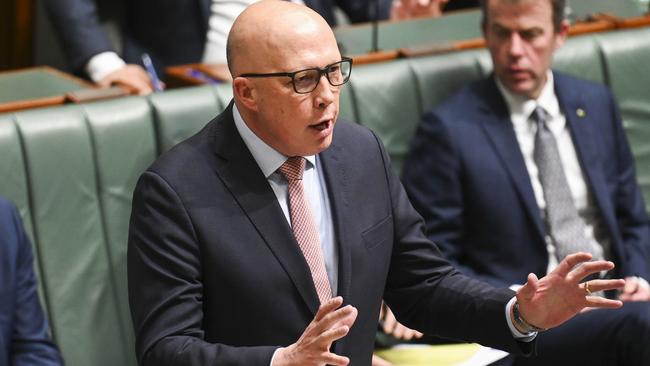
But the prime minister is rapidly turning one of Labor’s strengths into an unexpected and unfamiliar point of vulnerability, undermined by repeating tactical failures over the voice.
Political advantage for the government normally offered by question time is being eroded by an accumulation of confused and tortured explanations.
It is no longer just about the lack of detail on how the voice would operate. A new element has been injected into the debate which is potentially more damaging.
Labor has a well-publicised commitment to delivering the Uluru statement in full. This involves treaty and truth telling, with the voice being the first priority.
There is nothing new in this.
But the government’s apparent lack of a strategy to deal with inevitable attempts to link the voice to treaty is bewildering.
Albanese’s response to questions on this have been punctuated by contradiction and imprecision. The Coalition accuses the prime minister of deception.
Suddenly the political battle has been widened.
When Albanese accepted Peter Dutton‘s challenge to debate the issue in a suspension of standing orders, the Liberal leader asked pointed questions, to which no answers were provided. He accused Albanese of “wilfully” withholding detail.
Albanese responded accusing Dutton of fueling division for political advantage, goading him for his refusal to attend the Garma festival this weekend.
As one senior Labor source said Thursday, as the Coalition continued to entrap the government into talking about the voice: “If the voice isn’t close to dead after this week, it’s got to be on life support.”
It can still be revived. But the task has just become harder.
Dutton believes he has little to lose in doubling down in his attacks. Few people take any notice of what an Opposition says or does in Canberra. They are far more likely to pay attention to what the government is doing.
And the Coalition is succeeding in making it appear that Labor is consumed by the voice, with little attention being paid to the primary concern for most - cost of living.
The focus of the Opposition’s attack this week was once again, unsurprisingly, the minister for Indigenous Australians Linda Burney.
Dutton’s goal is to exploit a conclusion that the voice will be a path to treaty, adding yet another layer of confusion to the referendum question.
The ultimate aim is to render the debate so excessively complicated that even in the minds of people who may otherwise be inclined to vote yes, seeds of doubt are planted.
You don’t need to raise too many concerns in people’s minds for them to say no.
Burney has not helped the cause with her repeated refusals to directly answer questions, often adding new levels of puzzlement when she does.
Albanese, who holds commendable protective instincts when it comes to Burney, has been forced into obfuscation about the government’s post voice agenda.
He has no other choice. The Labor leader cannot allow the referendum to be polluted by other issues. This would almost ensure its failure.
As a consequence, there are now two issues the government is being forced to defend.
It must unravel attempts by the Coalition to inject treaty into the voice as a logical conclusion.
It must also resolve the underlying problem, which is confusion over the function of the voice itself.
Albanese is now so invested in the referendum that in the face of growing community doubt, the prime minister has no other choice than to push harder in demonstrating his commitment to it.
Apart from the belief that it is a worthy thing for Labor to be supporting, it becomes a question of Albanese’s convictions.
Any change of emphasis or direction would dangerously weaken his authority.


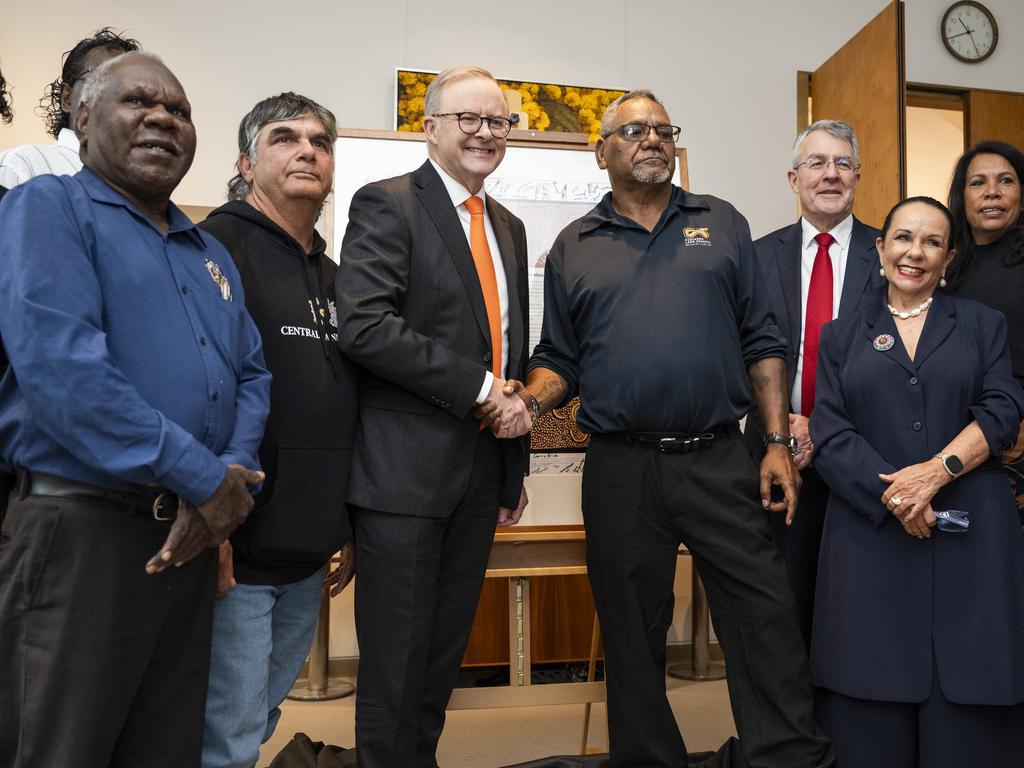
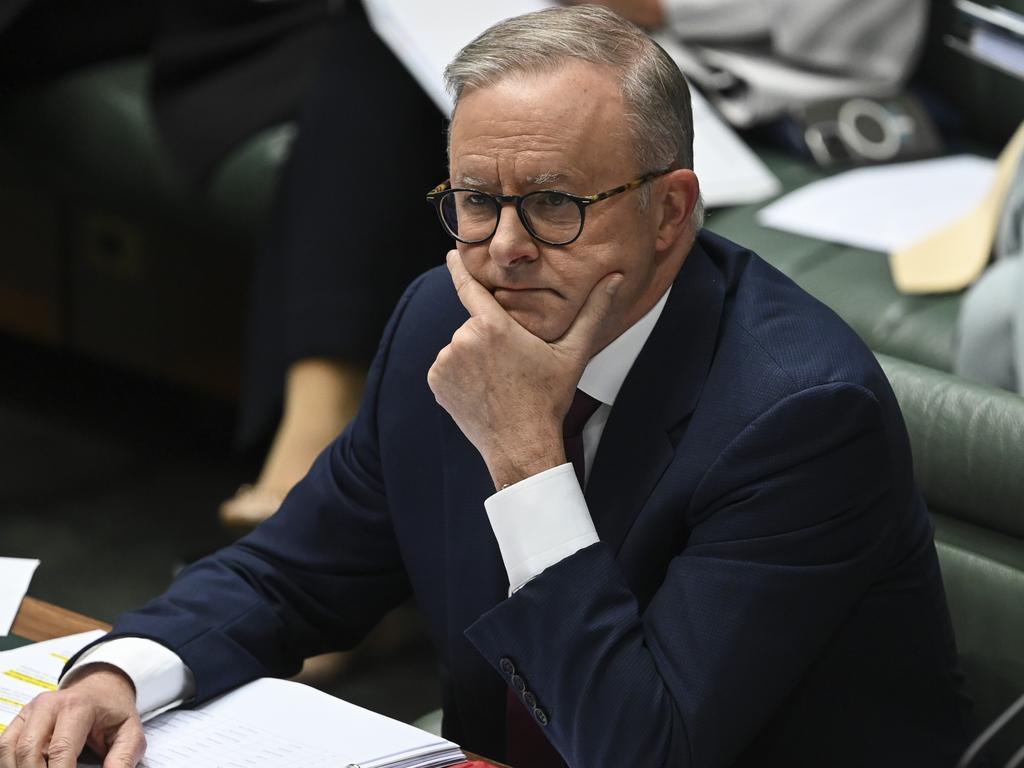
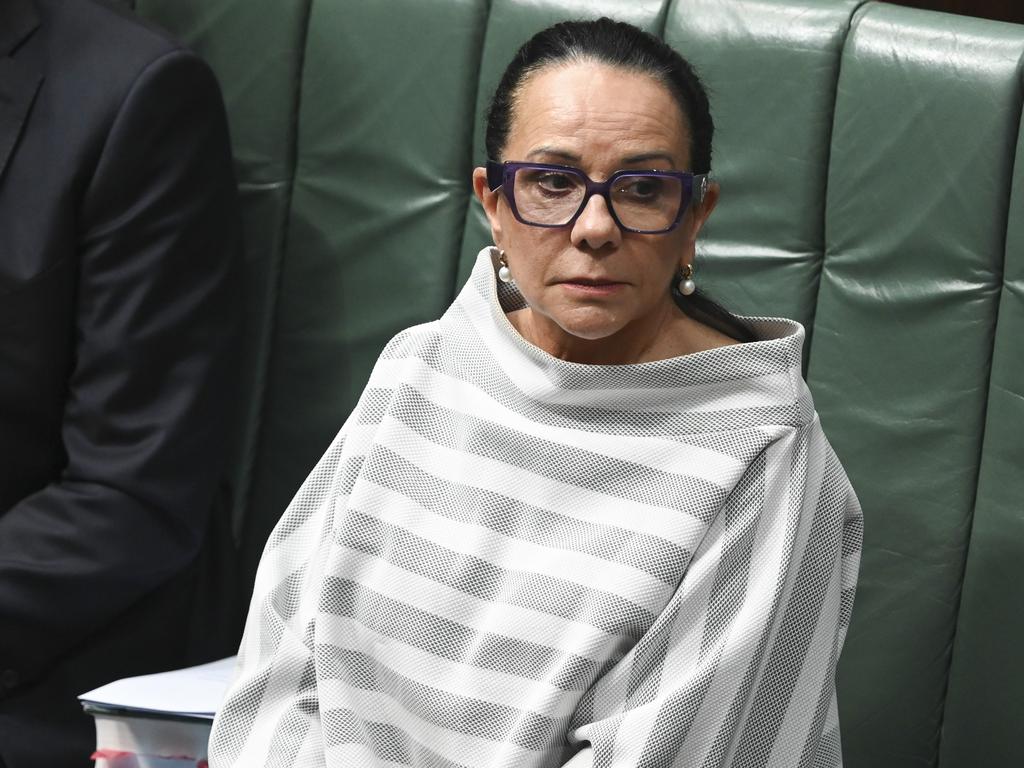
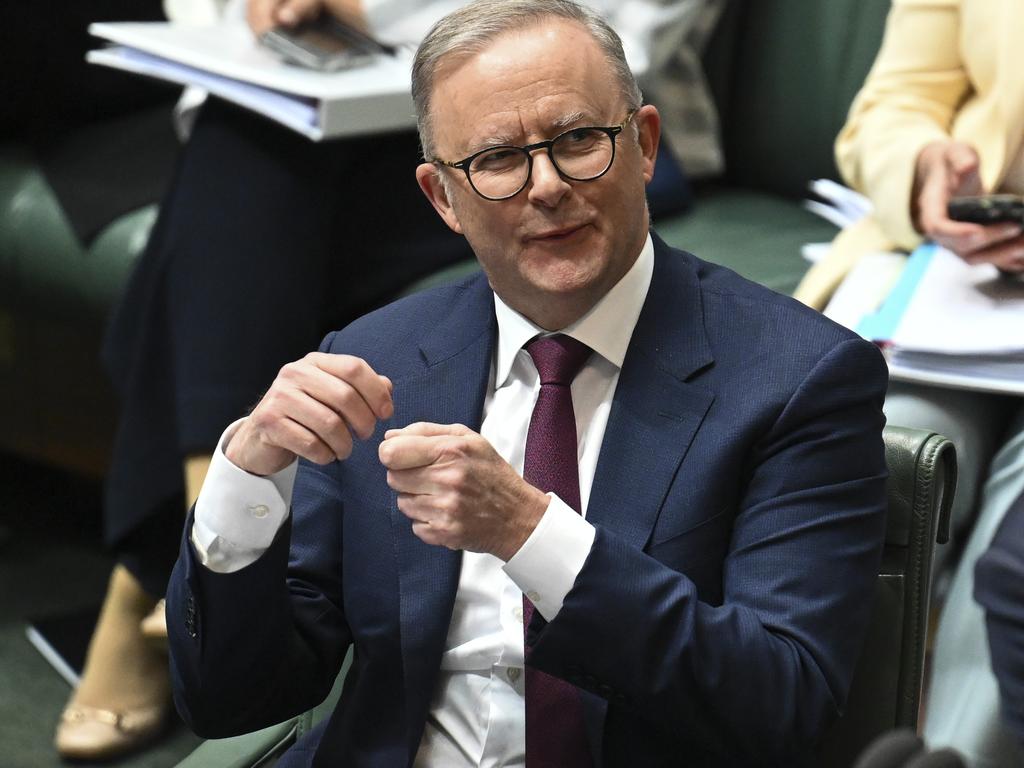


Anthony Albanese prides himself on his tactical prowess with Labor having become hubristically accustomed to dominating the politics in parliament.